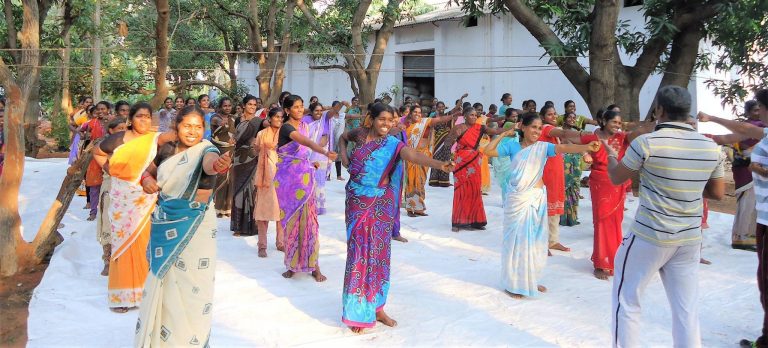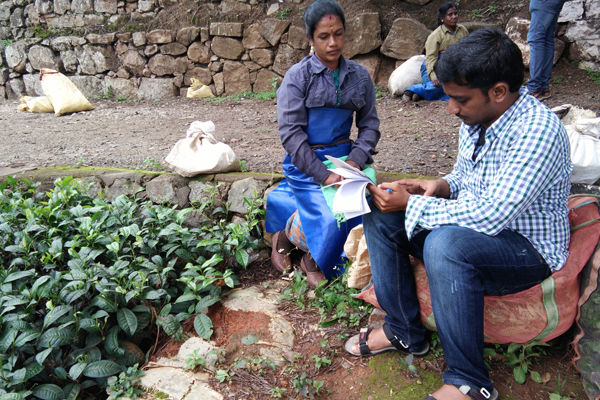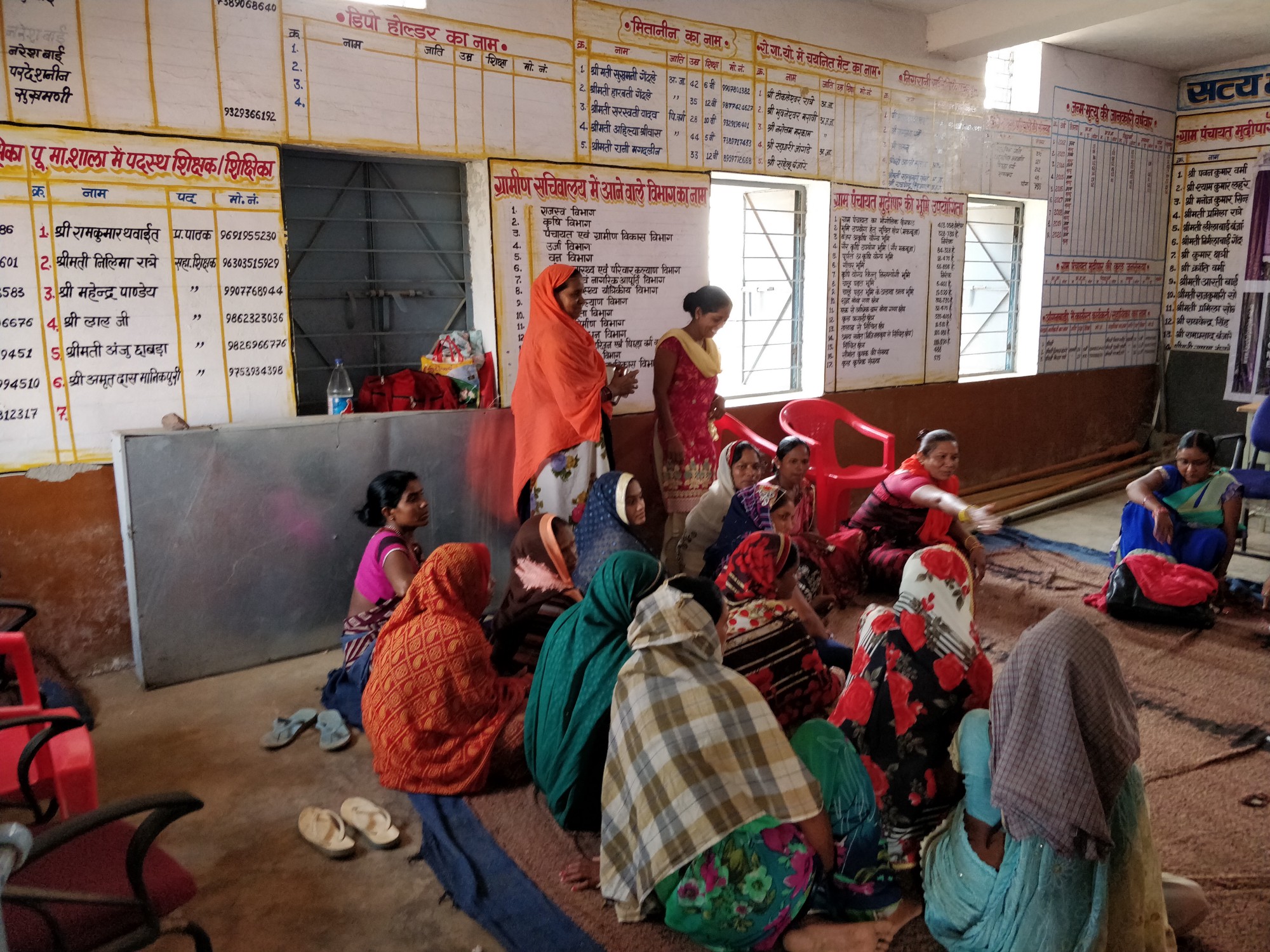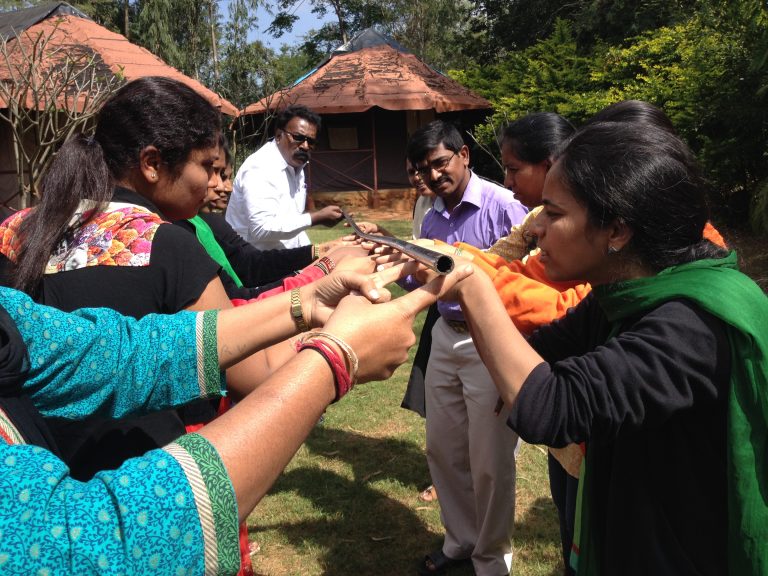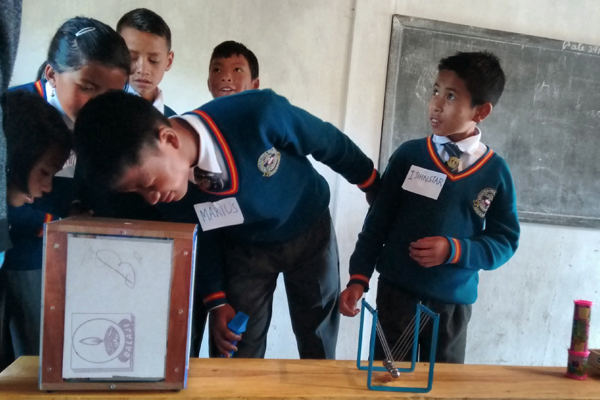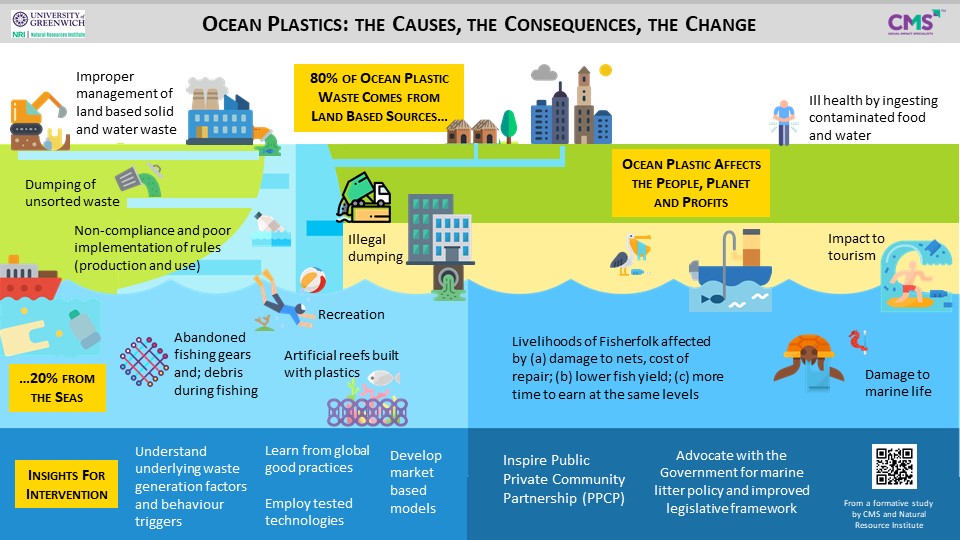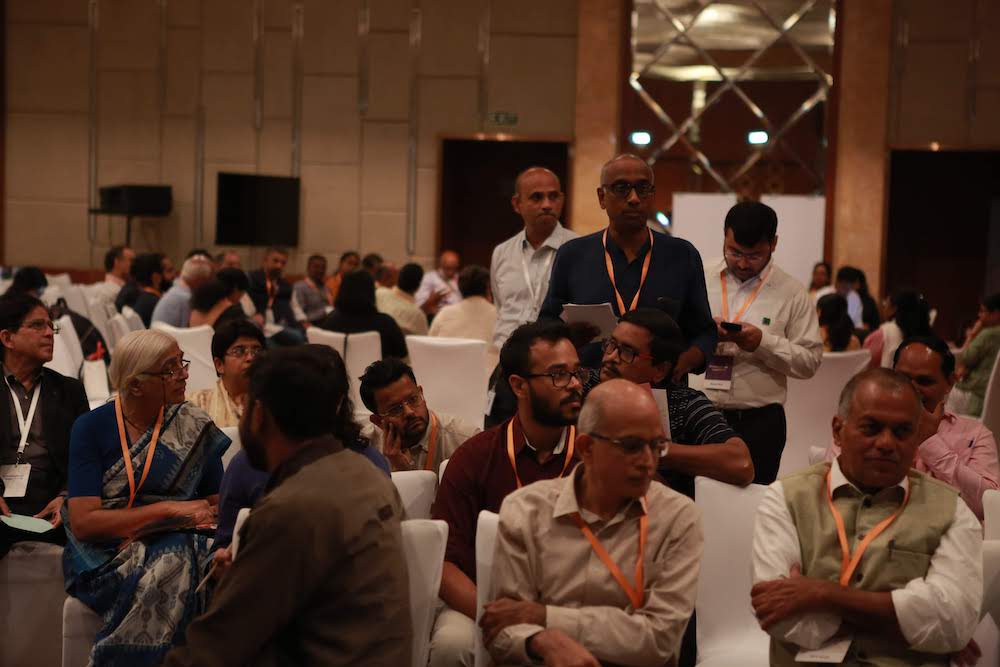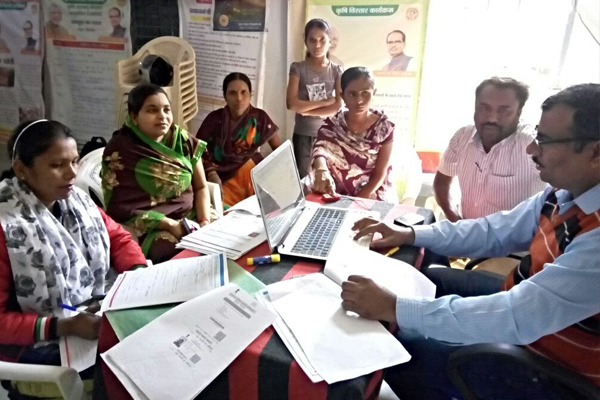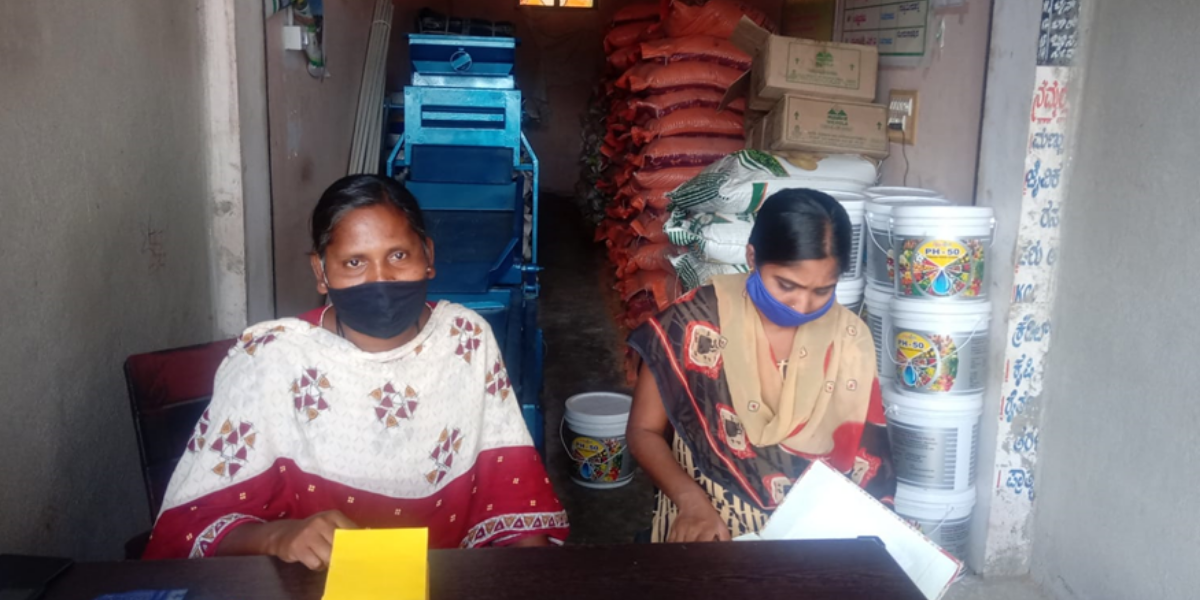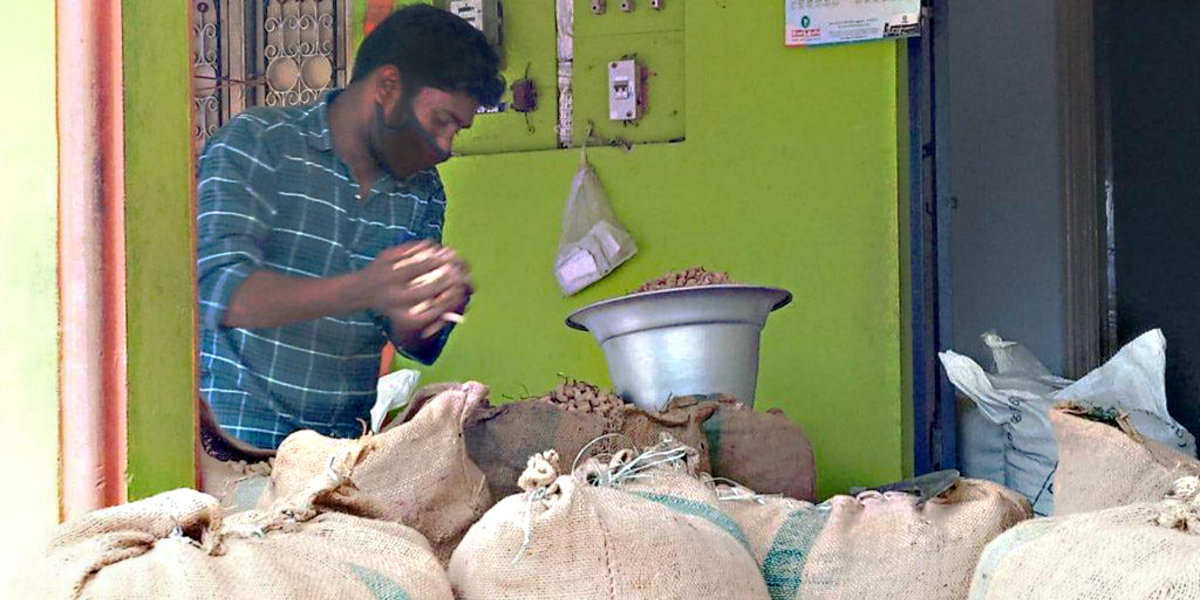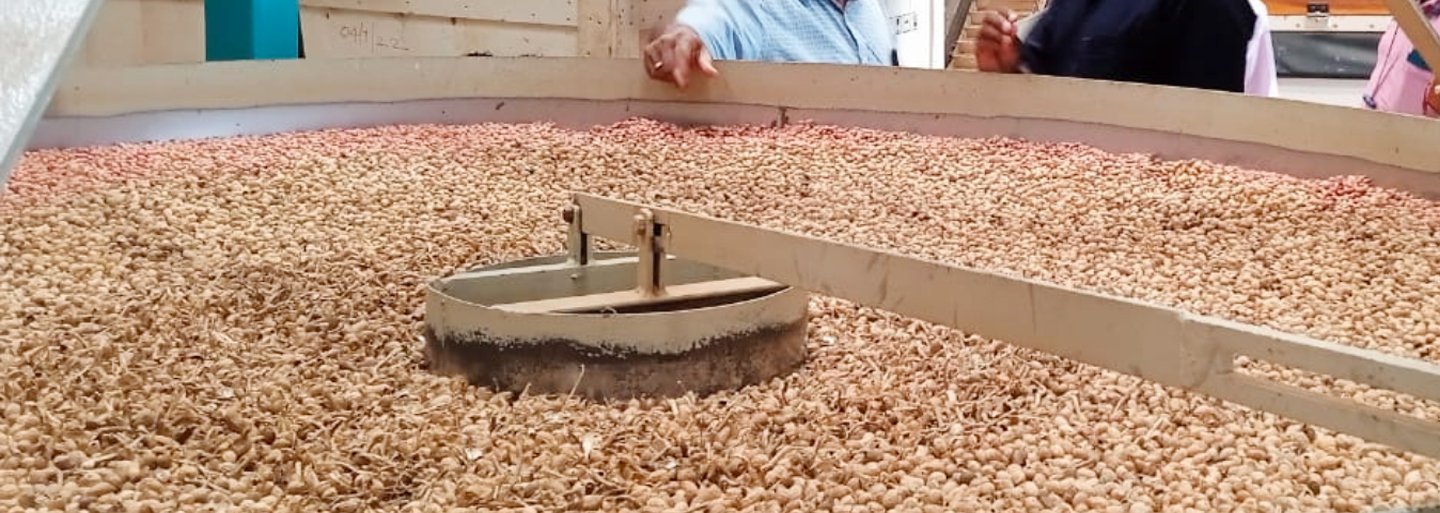USING EVIDENCE TO INFLUENCE PROGRAMME DESIGN
Breakthrough’s Early Marriage Campaign, implemented in three districts of the Indian States of Jharkhand and Bihar, aims to utilise a media (mass and community) programme that challenges existing norms around gender and sexuality, for discouraging the practice of early marriage.
We are the impact evaluators for the campaign, to assess what changes it has brought about in the knowledge, attitudes, and behaviour related to early marriage — in extent and in intensity. For the study, we employed a mixed methods design that was implemented sequentially. This helped the client to better understand which component of the campaign has been most effective in influencing/ changing knowledge, attitudes, and behaviour related to early marriage in the community.
While the evaluation is still on, the midline findings indicate that modification of programme design through evidence generated by evaluation studies can strengthen the outcome potential of the programme. There is a complex play of factors that determines the effectiveness of delivery mechanisms and efforts in programme implementation. Under the campaign, media interventions (which include traditional mass media channels, as well as, community-based media such as street theatre, wall painting, youth trainings etc.) approached all in the community in a similar way. Through our evaluation methodologies, we found that the families were generally well aware of the ills of early marriage, but decisions regarding it were made by the fathers. We shared our findings with Breakthrough and recommended that they modify the programme design to include mechanisms that focus the intervention on fathers to discourage the practice of early marriage. Here, the willingness of the organization implementing the programme to consider evidence-based recommendations to modify programme design is a crucial element. Breakthrough was highly receptive to evidence, and took up our suggestions to relook and modify its programme design. Understanding the need for the prescribed revision, it promptly adopted a mechanism for targeted communication with fathers (of young girls and boys) to influence behaviours.
While we are yet to see what impact this will bring, through the endline assessment, we know the change is positive for the programme, being based on evidence. This experience provides significant insights. It implies that if evidence generated through effective evaluation of an ongoing programme can be used to influence programme design, it can reduce errors in assumptions, tap resources better, and create scope for course correction, thereby improving the programme outcome possibilities.

